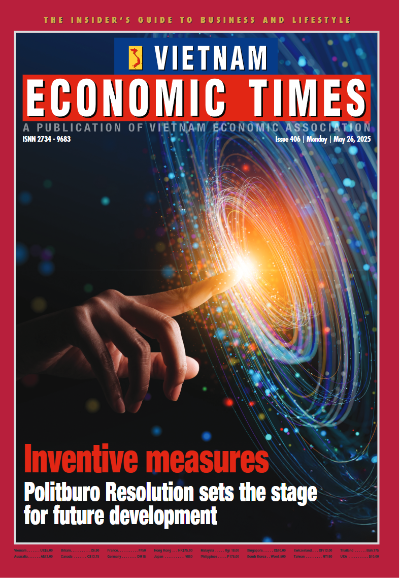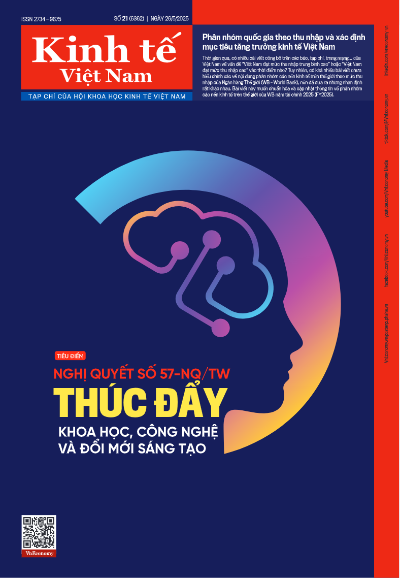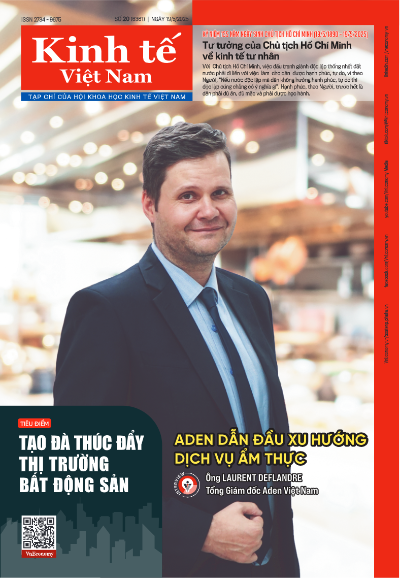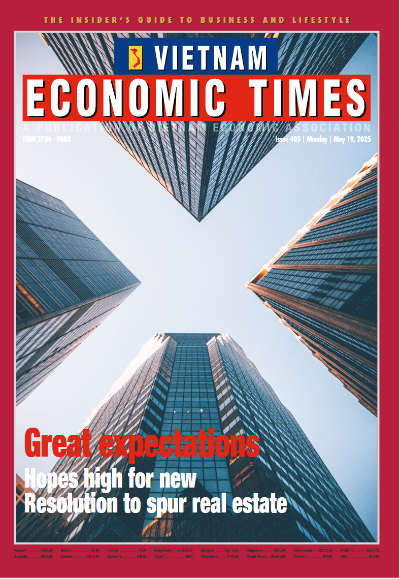Vietnam-Japan Cooperation Committee held its 12th meeting in Tokyo
The August 7 meeting is the first one since the two countries upgraded their bilateral ties to comprehensive strategic partnership in 2023.
The Vietnam News Agency quoted a joint press release issued by the Vietnam-Japan Cooperation Committee as reporting that the 12th meeting of the committee was held in Tokyo on August 7 under the co-chair of Vietnamese Minister of Foreign Affairs Bui Thanh Son and his Japanese counterpart Kamikawa Yoko.
According to the press release, the meeting marked the first since the two countries upgraded their relationship to a Comprehensive Strategic Partnership for Peace and Prosperity in Asia and the World in 2023.
At the meeting, both sides expressed satisfaction with the remarkable progress in bilateral ties since their last meeting in May 2019, despite the challenges posed by the COVID-19 pandemic.
They committed to continuing the exchange of all-level delegations, aiming for at least one high-level delegation visit annually, and collaborating closely in diplomatic activities, major celebrations, significant events, and at global and regional forums.
Underscoring the importance of maintaining and enhancing close cooperation between the two foreign ministries, they promised to facilitate human resources training and staff exchanges to share experience in policy building, consular affairs and media.
Economic connectivity and cooperation in economic security took the center stage of the meeting, with a focus on official development assistance (ODA), investment, trade, and emerging fields such as digital transformation (DX), green transition (GX), and semiconductor. Meanwhile, the effective and substantive implementation of the first phase of the Vietnam-Japan Joint Initiative in the new era was identified as a priority.
The two sides stressed the need to improve Vietnam's investment environment to encourage greater Japanese investment and trade.
The Japanese side affirmed its readiness to support Vietnam in effectively and practically implementing the Action Plan for the ASEAN-Japan Economic Co-Creation Vision, and accelerating the transition to a circular economy.
A consensus was reached on bolstering joint work in digital transformation, innovation, semiconductor and artificial intelligence (AI), exploring cooperation opportunities in human resources training, investment, trade and technology transfer, with Japan agreeing to actively consider assisting Vietnam in telecommunications, including 5G-6G networks, information technology, cybersecurity, and digital society.
The two sides reaffirmed their commitment to advancing and implementing new Japanese ODA projects under the new ODA Charter, focusing on strategic infrastructure, digital transformation, green transition, climate change response, and health care.
They pledged to promote quality agricultural cooperation by attracting investment, technology, and knowledge transfer to improve the resilience and sustainability of agricultural and food systems, thereby ensuring global and regional food security.
Vietnam welcomed Japan’s appointment of economic officers at its representative agencies, including the Japanese Embassy in Vietnam, to support Japanese firms in enhancing their role in promoting intra-ASEAN trade.
Japan pledged to create more favorable conditions for Vietnamese students in Japan by providing them with scholarships and Japanese language proficiency programs, and discuss the potential for collaboration with Vietnam to achieve the goal of training 50,000 semiconductor engineers by 2030 as part of its program to train 100,000 quality professionals for ASEAN countries.
Cooperation in culture, arts, sci-tech, and sports to raise mutual understanding and strengthen bilateral friendship was also on the agenda.
Vietnam welcomed the exploration of new flight routes and charter flights between the two countries by aviation companies. Both sides also praised Japan's e-visas for Japanese citizens following the Joint Statement on the elevation of bilateral ties in November 2023 and agreed to continue discussions on the possibility of Japan’s simplification of visa procedures.
Locality-to-locality cooperation in economy, investment, trade, tourism and labor was also underscored, particularly in remote areas through various flexible methods, including events like "Meet Japan" in localities across Vietnam.
Vietnam welcomed Japan's new policy on foreign labor, particularly the introduction of the "training and work" system to replace the previous "technical intern" training program. The Japanese Government reaffirmed its commitment to further improving the living and working conditions and social welfare for the Vietnamese community in Japan. Both sides agreed to start negotiations on a bilateral social security agreement.
The meeting also covered collaboration in law, justice, health care and start-ups, paving the way for a robust and dynamic future partnership.
The next meeting is scheduled to take place in Vietnam in 2025.


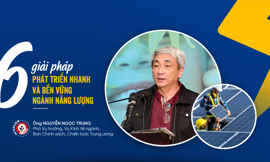
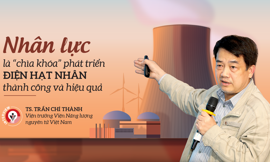
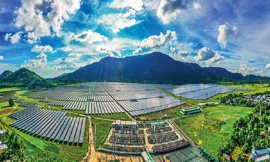

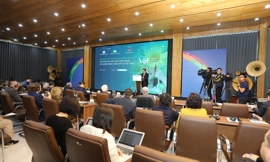
![[Interactive]: Toàn cảnh kinh tế Việt Nam tháng 7/2025](https://media.vneconomy.vn/302x182/images/upload/2025/08/0675413e3e-4a53-4c15-ae1f-e8883264607e.png)
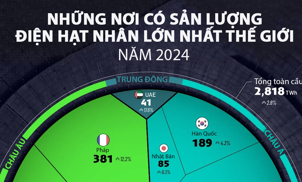
![[Phóng sự ảnh] Những điểm nhấn đặc biệt sẽ xuất hiện tại đại nhạc hội “Tổ quốc trong tim”](https://premedia.vneconomy.vn/files/uploads/2025/08/10/51be9bdd24cf4dfc86a030e2b6e3db11-2906.jpg?w=302&h=182&mode=crop)
